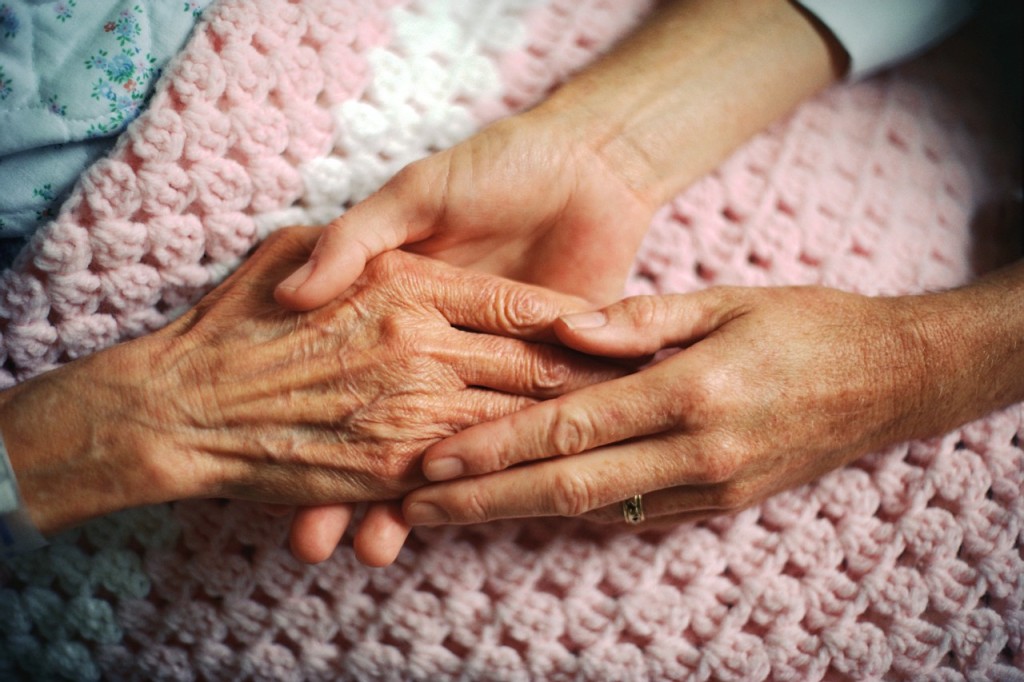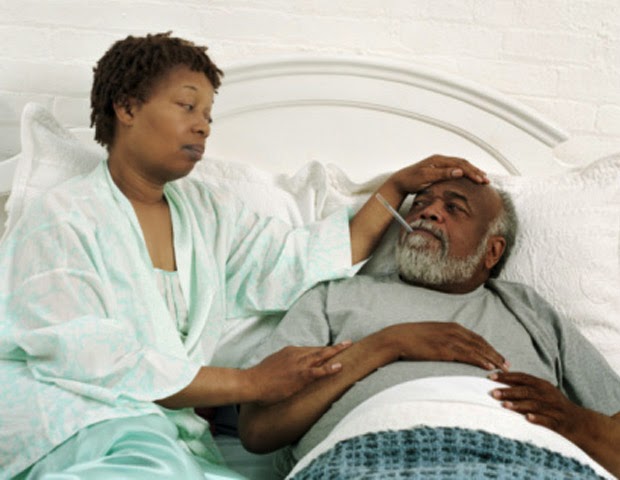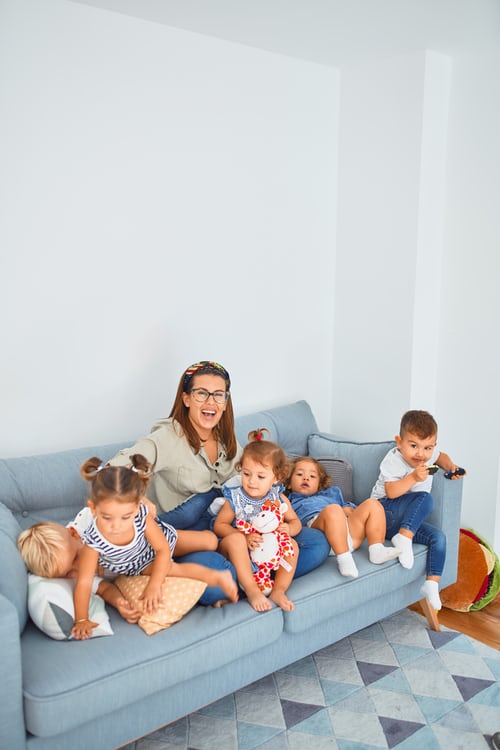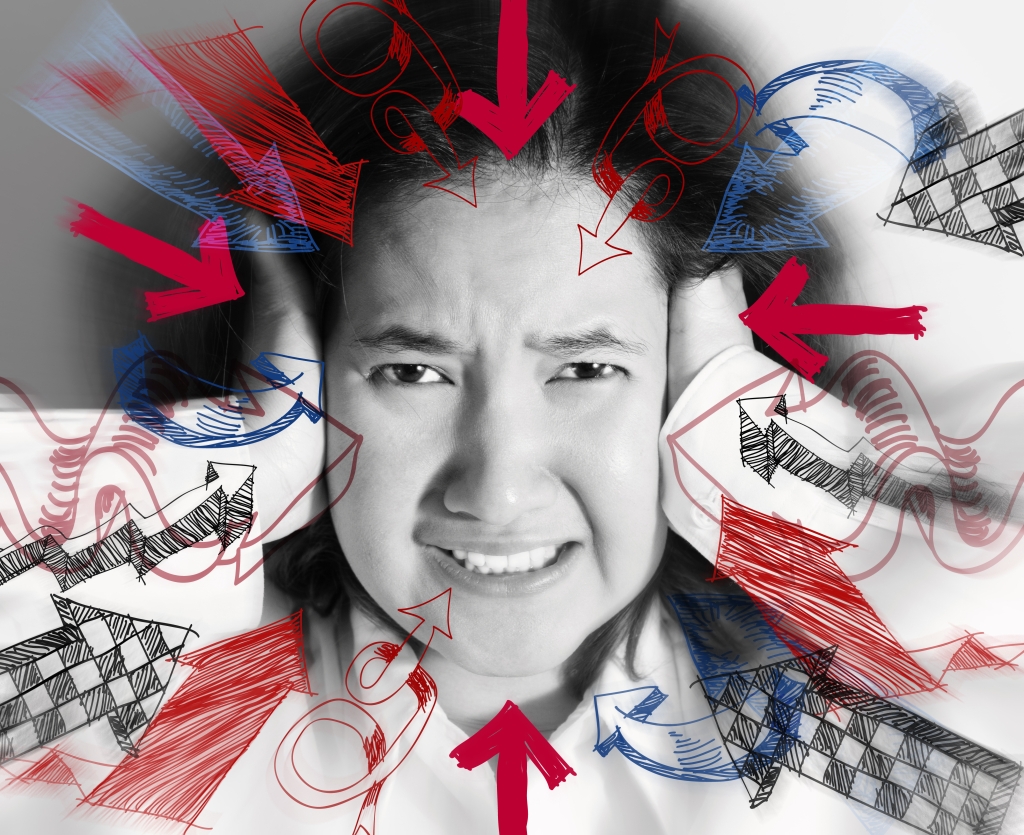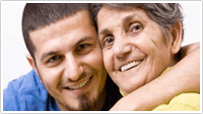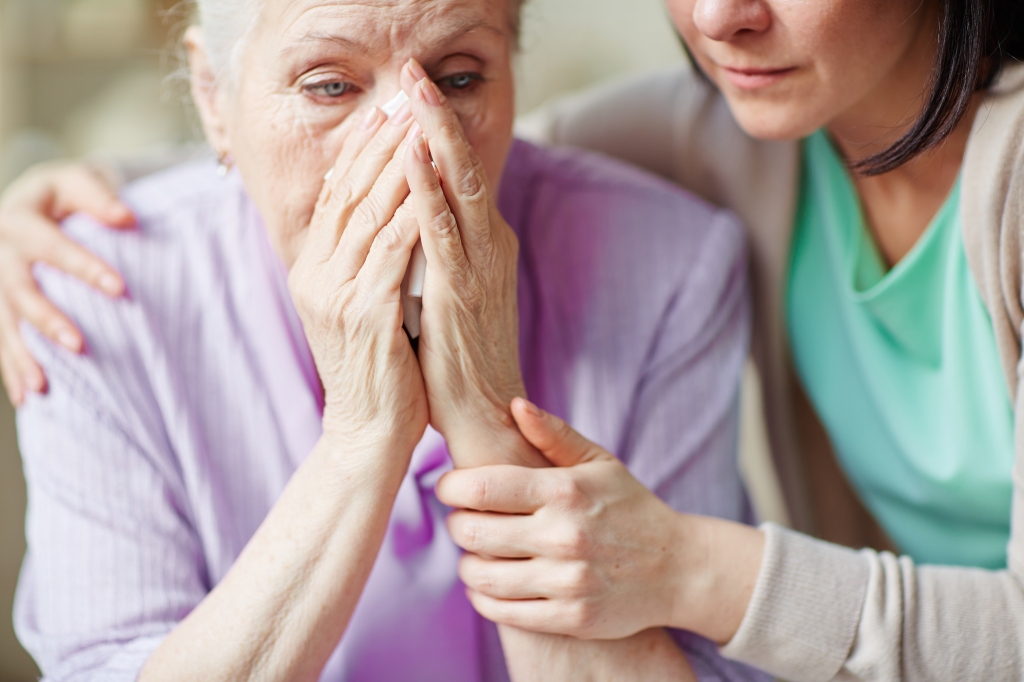
For most of us, this Christmas will be unlike any we’ve experienced.
The past year has ravaged our health, our economy, our spirits, and our emotions. We will decorate our homes for loved ones who will not be with us and deliver holiday goodies through cracked doors. Many churches will be locked, and we will share Christmas memories over Zoom, Facebook Messenger, or FaceTime. We’re struggling with abandonment, depression, anxiety, suicide, and symptoms of trauma and post-traumatic stress disorder in rising numbers. Perhaps your heart doesn’t feel merry and bright. Click HERE , then click on the Preview arrow to hear the song “It Doesn’t Feel Like Christmas This Year” from Music for the Soul.
It’s not going to feel like a typical Christmas this year, and that’s okay. We are all grieving and coping on a day-to-day basis. So what can we do this holiday to help us through the holidays during a worldwide pandemic? For me, it’s been the small things.
Give. At a time when life seems out of control, it’s helped me to do small things that spread a little light. Sending cards and music to people who are hurting. Keeping small bills in my pocket to drop into the Salvation Army bucket. Purchasing a bouquet of flowers for a caregiving friend whose husband no longer remembers. Offering hot coffee and warm socks to the man with the sign. Babysitting for a single mom.
Bind. Be a listening ear for someone who’s hurting. Provide respite for a few hours for a spouse, parent, relative, or friend who is a caregiver. Give blood. Visit a shut-in. This Christmas offers countless opportunities to come alongside the broken and hurting. Give to your local shelters, churches, hospice organizations, and community organizations who are tirelessly serving those affected by Covid. Give blood. Stand beside the bereaved.
Remember. We seldom reflect upon what it meant for Jesus, who is one and equal with God, to become a human and limit Himself to a human body, grow up with imperfect siblings and parents in a sin-cursed world, and subject Himself to every grief, heartache, and form of suffering anyone in the world has ever known. In His death on the cross, Jesus experienced every sin, evil, and perversion ever known to humanity—because of His unfathomable love for us. This Christmas, reflect on His great love for you.
Worship. O come let us adore Him, Christ the Lord! May every day begin and end with these words as we carry Jesus’ loving presence with us throughout our day. Click HERE to hear the beautiful Christmas song, “The Lord Sent a Child” produced by Music for the Soul. When the page comes up, click on the Preview arrow.

